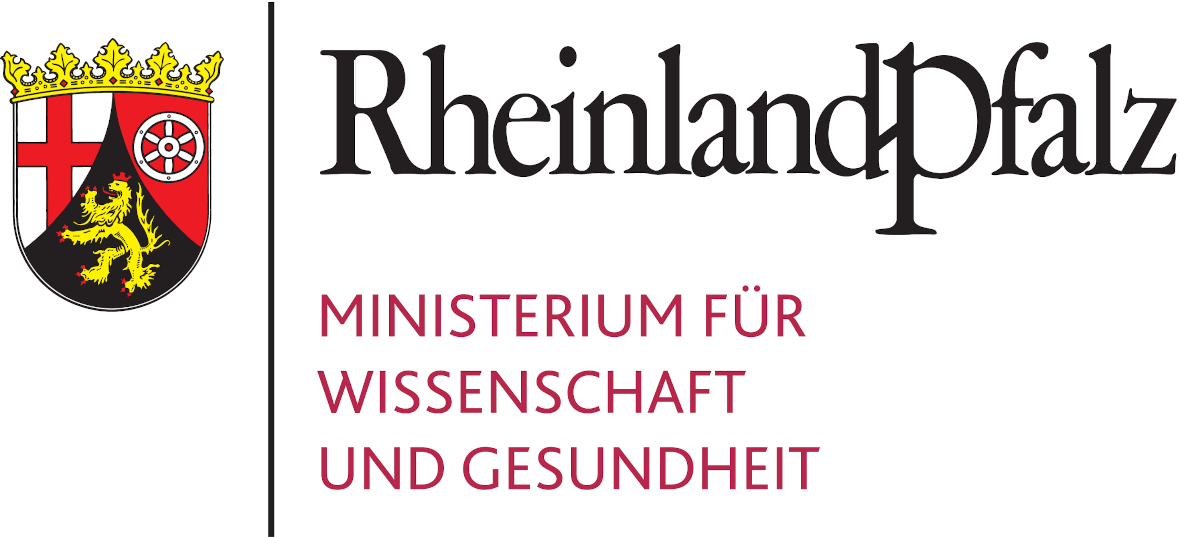Fight Books: The Textualisation of Martial Arts (1300 – 1600)
This project focuses on a unique late medieval and early modern genre of technical literature: the so-called fight books (Fechtbücher). These manuscripts and prints contain the earliest detailed descriptions of bodily techniques in a European context. Written or commissioned by martial arts practitioners and professional fencing masters, they codify didactic systems designed to teach the use of swords, shields, and staff weapons, as well as wrestling, mounted combat, and various other fighting disciplines.
These sources enable a close study of how the contingent and overwhelming corporeal experience of fighting in war, feud, and duel was theorized and thus transformed into an object of knowledge from the beginning of the fourteenth century onward. At the same time, they offer insights into medieval and early modern uses of media, as well as into cultures of addressing and transmitting embodied knowledge, ways of ‘doing gender’, and contemporary perceptions of violence and conflict.
The project is funded by the German Research Foundation (DFG project 465466524) and combines detailed codicological autopsies with methods of discourse analysis, praxeography, and social history. Part of the research agenda is the establishment of an open access database designed to respond to the needs of humanities scholars and martial arts practitioners alike who are vividly engaging with these sources as public historians within the growing Historical European Martial Arts (HEMA) movement. The database thus lists all existing manuscripts and printed sources, enables researchers to categorise and analyse their contents, as well as to cross-reference authors, owners, and artists involved in their making.







